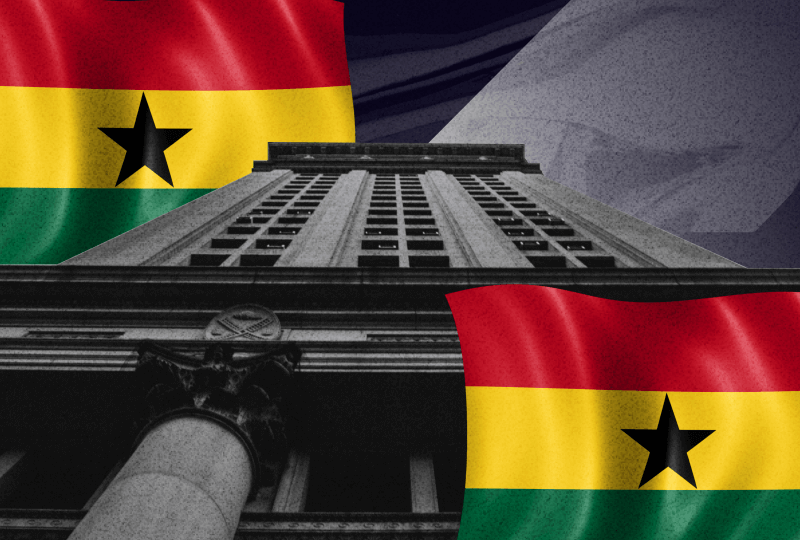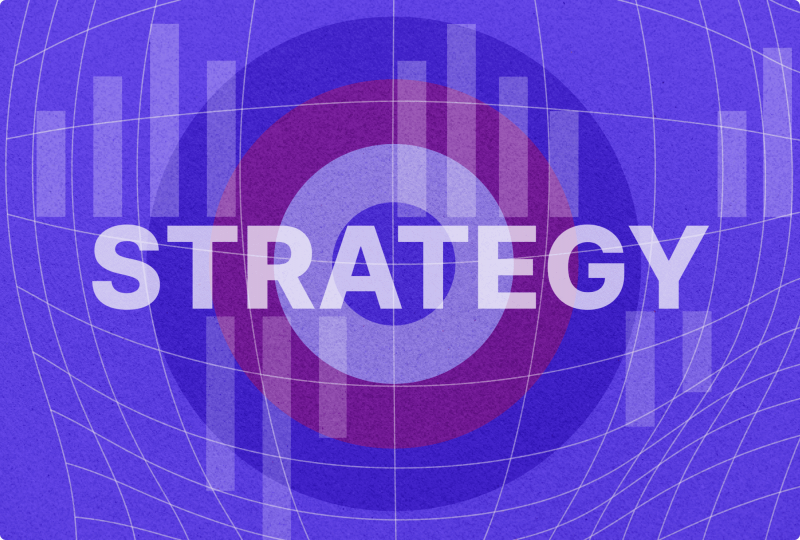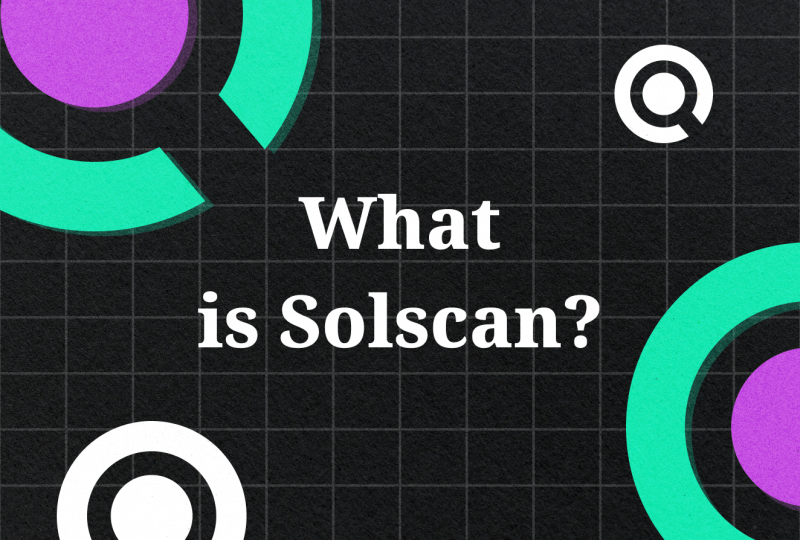Ghana Aims to Be The Pioneer By Applying Blockchain in Government
May 15, 2024

Ghana, a West African country with a population of 32 million, is known for its technological advances and is positioned to drive innovation by the use of blockchain technology in government. This program promises increased accountability, efficiency, and transparency in governance institutions, marking a significant milestone in Ghana’s digitalization process. Let’s explore the country’s bold goal of being the first African government with blockchain use in government.
Blockchain Technology in Government
Ghana has been pursuing digitalization in all spheres of government. The nation has proven committed to using technology to improve efficiency and service delivery with programs like the Ghana Card and the ghana.gov portal.
Ghana’s Vice President Mahamudu Bawumia has declared the country’s plan to integrate the technology into its administrative processes. This declaration highlights the government’s commitment to updating its procedures and systems, with blockchain technology emerging as a critical component of this endeavor.
Blockchain technology can completely transform public sector transparency and fight corruption. It can be used to create records that are difficult to manipulate because of its natural characteristics, including immutability and traceability, which reduce the risk of fraudulent activities. Ghana wants to create a culture of accountability among stakeholders and increase public confidence in its government operations by implementing blockchain in government sectors.
What Are the Motivations Behind the Initiative?
Ghana’s strategic goal is to modernize and strengthen its administrative frameworks, which led to the decision to include blockchain use cases in government processes. By integrating blockchain, the country aims to solve ongoing problems with data security, accountability, and transparency in the public sector.
Authorities in Ghana believe that using this technology will have several advantages. These include stronger accountability systems to discourage fraud, more security measures to protect private government information, and increased operational efficiency generated by fewer bureaucrats and more efficient procedures.
Blockchain integration naturally fits Ghana’s fundamental goals of good governance, transparency, and economic stability. Ghana hopes to use this cutting-edge technology to promote sustainable development, draw in foreign capital, and enhance its standing as a forward-thinking country dedicated to improving the welfare of its people.
Some Challenges and Considerations
There are several obstacles to overcome in the transition to a government powered by blockchain, mostly operational and technological ones. These include the possibility of disrupting present workflows, the scalability of solutions, and incorporating blockchain technology into already-existing systems.
The use of this technology presents serious cybersecurity and data privacy issues. To preserve citizen information, it is imperative that blockchain systems be secured against hackers and unauthorized access and that data protection laws be followed.
Strong regulatory frameworks must be developed to integrate blockchain technology into operations. These frameworks need to cover blockchain’s technical features and effects on security, privacy, and legal responsibility.
The successful application of this technology necessitates extensive capacity building to provide government employees with the required training. Engaging stakeholders is essential to resolve concerns, garner support, and guarantee a cooperative transition environment. These stakeholders include public entities, the private sector, and individuals.
Conclusion
Ghana’s transition to a blockchain-driven governance model represents a significant advancement in modernity and transparency. By leading the way in this technology, Ghana hopes to improve governance standards and create a more efficient and accountable future. It invites other countries to follow suit and establishes a precedent for international transparency.




